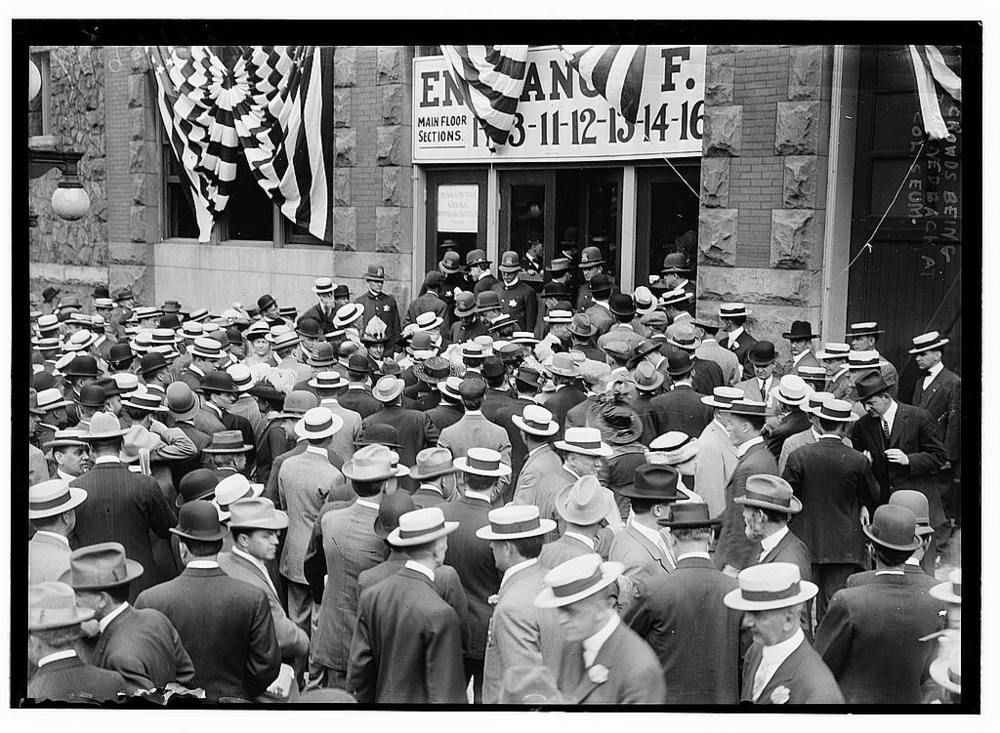 Right across the public sector there are tough budget decisions being made. Some will make more noise than others but how do you give a voice to ordinairy people alongside the voice of a powerful lobby?
Right across the public sector there are tough budget decisions being made. Some will make more noise than others but how do you give a voice to ordinairy people alongside the voice of a powerful lobby?
In November, Newcastle City Council launched a consultation on its 2013-16 budget.
Like other local authorities across England we found ourselves faced with some awful choices to balance the books.
At the time of writing in late December, we are in the middle of a massive consultation exercise over our proposals to cut libraries, close respite centres, stop cleaning the streets as often and sack hundreds of staff.
Many of these proposals are a local authority communicator’s worst nightmare, there are few if any positives in here, and next to no mitigation. Things will close and people will be worse off for it.
Before we launched our proposals, I and other colleagues went through them all and ranked them for possible reputational damage.
They were overwhelmingly dreadful, most of them would result in a kicking from press, public and stakeholders, but some were worse than others.
It didn’t take a lot of PR expertise to red star our proposals to close nine libraries and move to fortnightly bin collections as reputational ‘hotpots’.
But there was one that you might have thought would be lower down the pecking order – our arts funding proposals. After all, the public would be more concerned about Sure Start Centres than arts centres, right?
However, never under-estimate the lobbying power of arts professionals, especially those that have access to two big weapons, celebrities and the levers of power.
One of our smaller budget proposals, to stop funding arts organisations by withdrawing funding from a number of venues by 2016, has caused a terrible stink.
North East arts alumni including Sting and Bryan Ferry have got involved and there has been a wealth of criticism from the arts community, most of it via the Guardian’s letters pages.
The phrase ‘doing a Newcastle’ has entered local government-speak as a short hand for the dangers of cutting arts funding. On some days my job has been like being a spokesman for the council that everyone loves to hate.
I don’t want to get too much into the rights and wrongs of the arts funding proposal, at this stage it is still a proposal.
As you’d expect, I think we’ve received too hard a ride from a national and local media that ignores key facts about what we’re trying to do and turns a deaf ear to our creative solutions, but that’s no matter.
I’d urge you to read the proposal carefully at www.letstalknewcastle.co.uk, and see what you think, but it did throw up some interesting communications insights.
The first thing I realised is how powerful the arts lobby is and how it has managed to make sure that this one issue is dominating Newcastle’s budget landscape.
Can you imagine a group of single mums for example, upset at the closure of a Sure Start Centre, getting some of the world’s leading recording artists to co-sign a letter protesting which would then be printed in national and regional newspapers?
Can you imagine the closure of a respite centre for people with learning disabilities attracting coverage in everything from the Financial Times to the Huffington Post?
Or would a key journalist from a national broadsheet, be keen to travel all the way up to Newcastle to meet with local people affected by the closure of a library?
My point is simple, an educated, vocal minority with access to the levers of power can dominate discussions no matter how small the amounts of money involved or irrelevant the issue to everyone else.
Of course, we’ll continue to listen and respond to the arts lobby, but we also have a moral and legal duty to listen to those who don’t have newspaper editors on speed dial but who are also affected by the cuts that we are making.
I’m talking about the quieter majority who find their daily lives and the lives of the people they love and look after affected by the most savage budget cuts for a generation.
We’re trying our best to make sure they get a voice, via our Let’s Talk Newcastle website and also the various face-to-face events that are taking place over the city before the end of January.
It’s an important part of our job as communicators to make sure that those who shout the loudest don’t always get heard the most. That’s the real challenge and what I believe the phrase ‘doing a Newcastle’ should mean.
Will Mapplebeck is senior communications advisor at Newcastle City Council.
